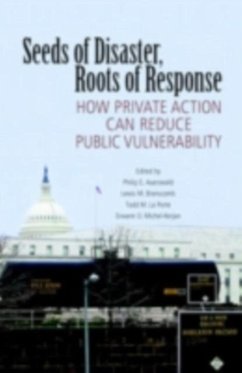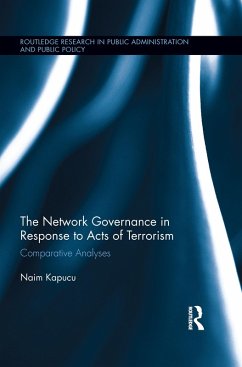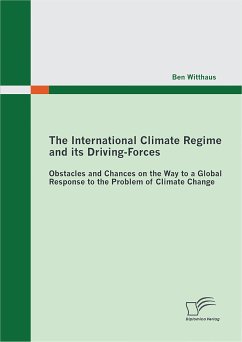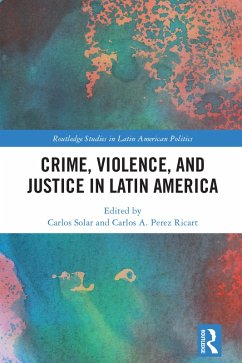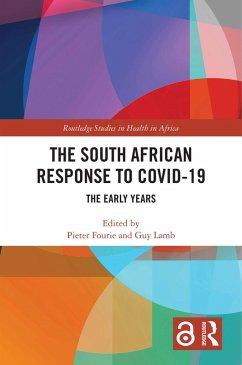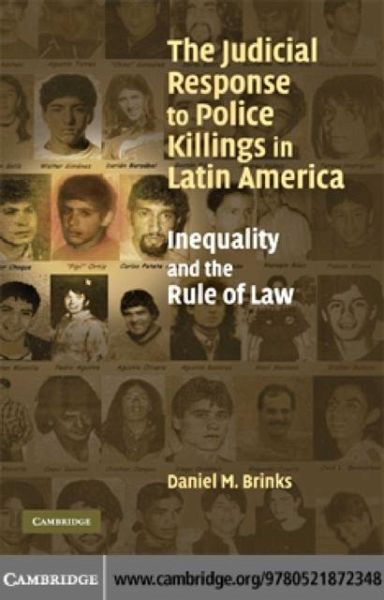
Judicial Response to Police Killings in Latin America (eBook, PDF)
Inequality and the Rule of Law
Versandkostenfrei!
Sofort per Download lieferbar
32,95 €
inkl. MwSt.
Weitere Ausgaben:

PAYBACK Punkte
16 °P sammeln!
This book documents the corrosive effect of social exclusion on democracy and the rule of law. It shows how marginalization prevents citizens from effectively engaging even the best legal systems, how politics creeps into prosecutorial and judicial decision making, and how institutional change is often nullified by enduring contextual factors. It also shows how some institutional arrangements can overcome these impediments. The argument is based on extensive field work and original data on the investigation and prosecution of more than 500 police homicides in five legal systems in Argentina, B...
This book documents the corrosive effect of social exclusion on democracy and the rule of law. It shows how marginalization prevents citizens from effectively engaging even the best legal systems, how politics creeps into prosecutorial and judicial decision making, and how institutional change is often nullified by enduring contextual factors. It also shows how some institutional arrangements can overcome these impediments. The argument is based on extensive field work and original data on the investigation and prosecution of more than 500 police homicides in five legal systems in Argentina, Brazil, and Uruguay. It includes both qualitative analyses of individual violations and prosecutions and quantitative analyses of broad patterns within and across jurisdictions. The book offers a structured comparison of police, prosecutorial, and judicial institutions in each location, and shows that analyses of any one of these organizations in isolation misses many of the essential dynamics that underlie an effective system of justice.
Dieser Download kann aus rechtlichen Gründen nur mit Rechnungsadresse in A, B, BG, CY, CZ, D, DK, EW, E, FIN, F, GR, HR, H, IRL, I, LT, L, LR, M, NL, PL, P, R, S, SLO, SK ausgeliefert werden.






